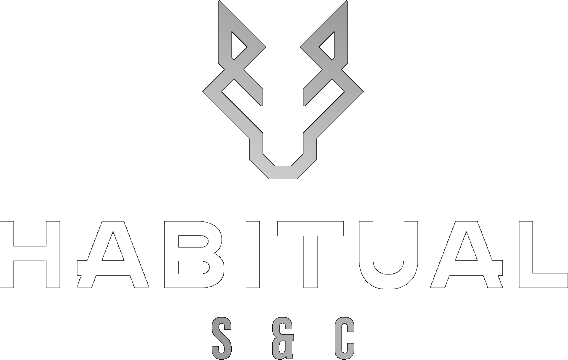Introduction:
Strength and conditioning is a dynamic field that holds the keys to unlocking your physical potential. Whether you’re new to fitness or a seasoned athlete, it’s natural to have questions about how to optimise your training. In this article, we’ll tackle the ten most frequently asked questions of strength and conditioning coaches, providing you with valuable insights to enhance your fitness journey.
What Is Strength and Conditioning, Exactly?
Answer: Strength and conditioning is a structured approach to physical fitness that aims to improve strength, endurance, mobility, and overall performance through targeted exercises and training programs.
How Do I Choose the Right Strength and Conditioning Program?
Answer: The ideal program depends on your goals. Consider factors like your fitness level, objectives (e.g., muscle gain, weight loss, sports performance), and any specific needs or limitations you may have. The key is finding a balanced program that you can personally stick to.
What’s the Difference Between Strength Training and Cardio?
Answer: Strength training focuses on building muscle and strength, while cardio (or conditioning) enhances endurance and cardiovascular health. A balanced fitness routine often includes elements of both.
How Do I Avoid Overtraining?
Answer: Listen to your body. Incorporate rest days, follow proper programming, and prioritise sleep and nutrition to prevent overtraining and reduce the risk of injury.
Should I Lift Weights Every Day?
Answer: No, muscles need time to recover and grow. Within your training plan you should allocate time to rest, to allow for the muscles to repair and adapt to the stress that you have applied to them.
Can Strength and Conditioning Help with Weight Loss?
Answer: Absolutely! Strength and conditioning increases muscle mass, which boosts your metabolism and helps burn more calories, even at rest.
What Supplements Should I Take?
Answer: While some supplements can support your fitness goals, they’re not a substitute for a balanced diet. The supplements that would be worth considering but are not necessary are creatine monohydrate, protein supplements (whey protein, plant based protein, etc.) and pre-workout. However, if you are considering taking any of these supplements and are unsure of their affects, please consult with a healthcare professional.
How Do I Stay Motivated When Progress Slows?
Answer: Plateaus are normal. Tips for boosting motivation are setting new goals, tracking your progress, finding a workout buddy, or trying new exercises to keep things fresh. Motivation will come and go throughout your fitness journey, however, holding yourself accountable to the standards you set for yourself will be the driver that keeps you on task.
Is Strength and Conditioning Safe for Older Adults?
Answer: Yes, strength training is safe and can be highly beneficial for older adults. It can improve muscle mass, bone density, balance, and overall quality of life.
What’s the Most Important Thing to Remember in Strength and Conditioning?
Answer: Consistency is key. Sustainable progress comes from consistently following a well-rounded program, prioritising nutrition, and listening to your body.
Conclusion:
Strength and conditioning can transform your fitness journey, but it’s natural to have questions along the way. By seeking answers to these frequently asked questions and staying curious, you’ll gain a deeper understanding of how to maximise your training and achieve your fitness goals safely and effectively. Remember, knowledge is power on the path to a healthier, stronger you.



